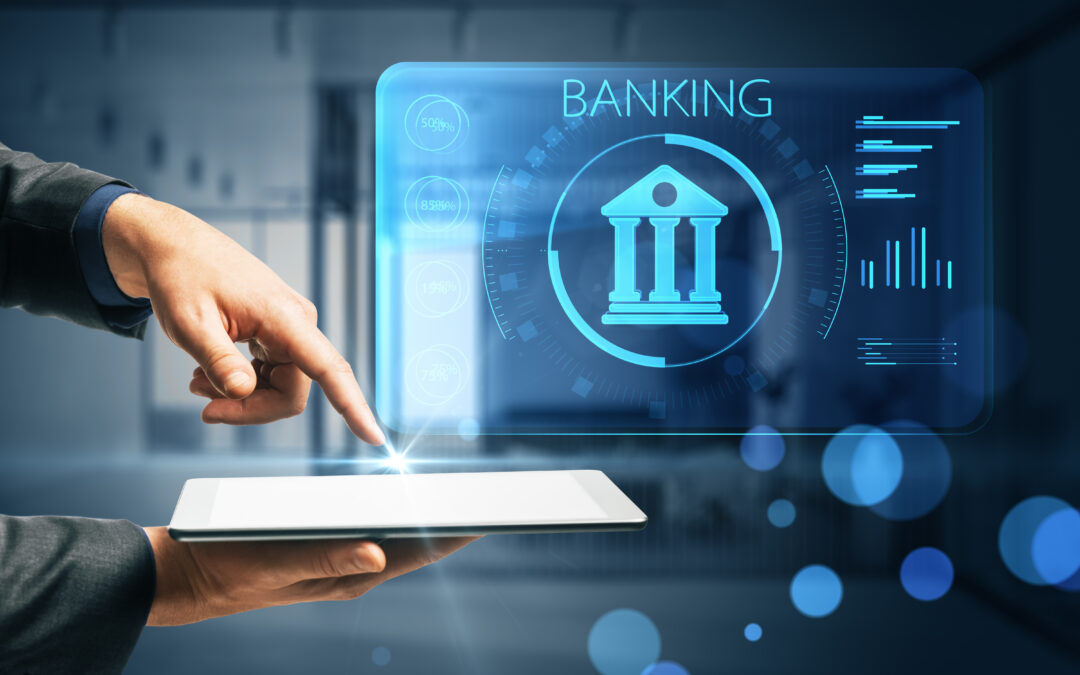Have you heard the word Fintech swirling around the internet? Are you like most and trying to determine what a Fintech means and why are people talking about Fintech Banks? Traditional banking doesn’t seem to be broken, but yet everyone is talking about how Fintech Banks are taking over, what is the reason for that? Let’s break it down:
What is a Fintech?
Fintech incorporates the use of technological programs to deliver and support financial services, disrupting common traditional banking methods. Fintech companies operate across various sectors, each focusing on different financial services. Key sectors can include:
- Payments
- Lending and Financing
- Personal Finance and Investments
- Insurance
- Cryptocurrencies
All of the sectors above can be offered through a Fintech Bank, which provides consumers with a way to conveniently open accounts, purchase currency, receive funding and file for additional insurance coverage from a digital landscape versus a brick-and-mortar location. While Fintech Banks may offer convenience, Traditional Banks offer all these services and an additional piece a Fintech Bank cannot offer.
What is the difference between a Fintech Bank and a Traditional Bank?
Traditional Banks have long been the backbone of financial services, offering a wide range of solutions to individuals, businesses and communities. Banks serve as trusted custodians of money, allowing customers to securely deposit and withdraw funds, make payments and manage their finances. While each institution holds their own benefits, here are several key items you get with a Traditional Bank:
- Insured up to $250,000 by FDIC. This means that if something happens to the financial institution, you will not lose your money. This is something Fintech Banks cannot guarantee FDIC offers a information and a calculator to determine if you are within the $250,000 per depositor threshold. https://www.fdic.gov/#consumers
- Access to cash when needed. While many individuals can go without cash there are certain situations where cash is needed, so having access to ATMs or physical locations can be beneficial.
- Personalized customer service with every transaction. Many banks will take the time to get to know their customers, so they are trained to recognize inconsistencies and help all customers attain more from their banking.
- Conveniency is still a priority. Traditional banks have started to enhance their services and offer most, if not all, Fintech services like contactless payments, online account opening, mobile depositing and online loan applications.
It’s important to understand that many financial institutions have started to collaborate with Fintech companies to keep up with the digital age. However, when choosing between a Fintech Bank or a Traditional Bank, it’s best to take the time to understand what is right for you. At First Savings Bank, we offer reliability, convenience and security with each transaction. Plus, our online and mobile banking platforms provide a seamless experience, allowing you to mange your finances anytime, anywhere. It’s everything a Fintech Bank has to offer, but our bank is FDIC insured. Take the time and open your account online today! https://open.fsbbank.net/consumer/welcome



